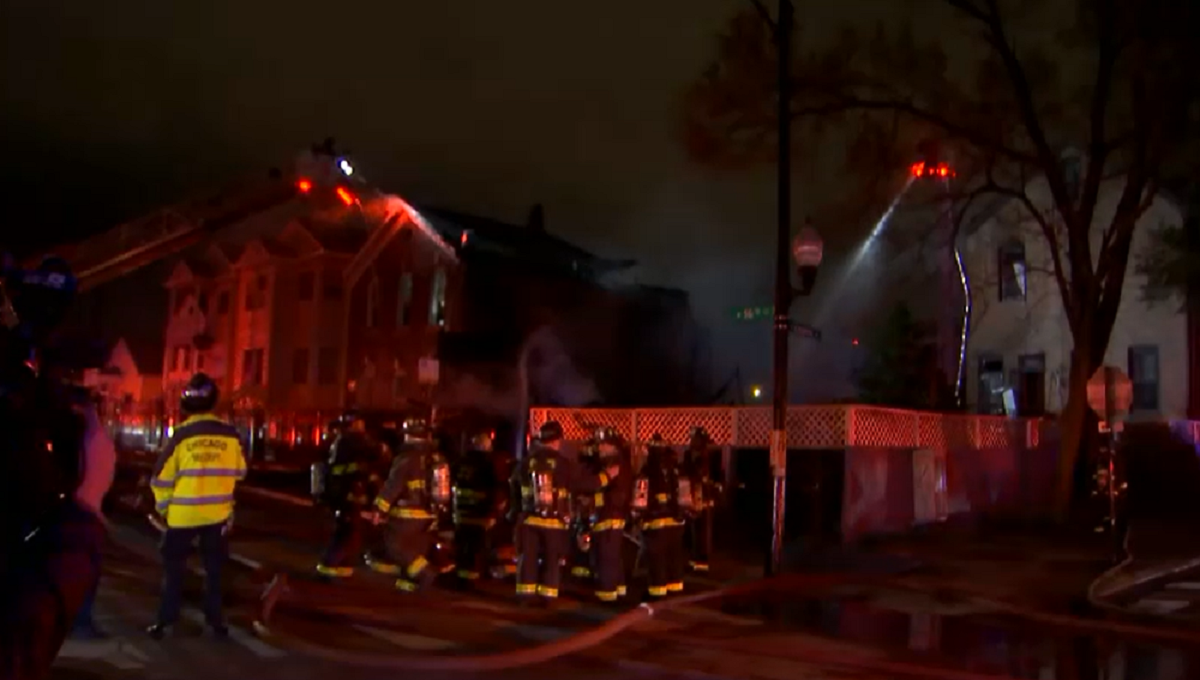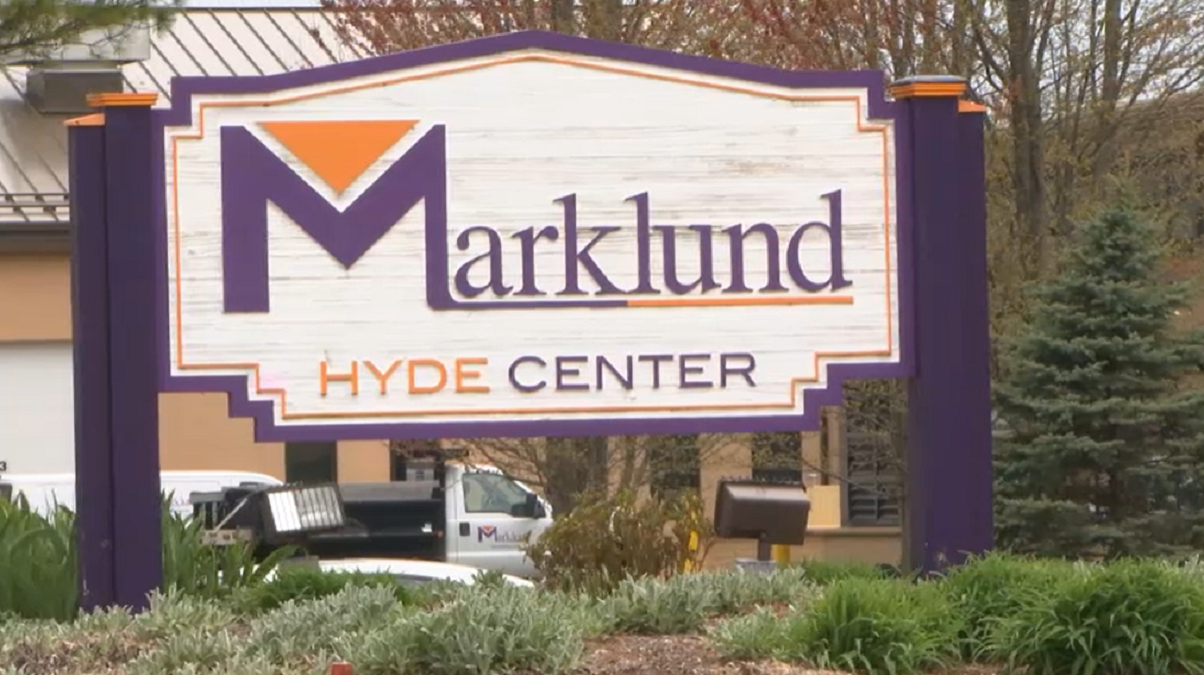It's beyond redundant at this point to inform you that the economy ain't doin' all that great. You know it. We know it. But a more interesting area to explore in there is, well, if you're an entrepreneur, what do you do? How do you start a new business in a down economy without sinking yourself or feeling like you're losing your mind?
Michael Zloza, co-owner of the recently opened Spotted Paw Shop, knows all about this. The Wheaton shop opened its doors in late December and has been going strong since. To figure out how he's done it, I gave him a call.
How's business been going?
Michael Zloza: It's a very good business, it's still a growing business even in a down economy, because people do want to take care of their dogs and cats. We do both. We groom and bathe dogs and cats. Yes, people have cut back. Instead of doing it, say, once a month, they do it every two months or every three months. But they're definitely still continuing to take care of their pets.
One of the main reasons on why we decided to go ahead and open a business up in a bad economy is, on an operations perspective, which is my more my field, is -- when you're in a good economy, money flow, being from the banks or clients, it's slowing and you're spending money, you're bringing more product in, you're buying anything and everything you can think of and you're not streamlining yourself. But, in a down economy, you really have to look at your balance sheet and your cash-flow statement, and really pinpoint and detail your business plan as well as your budgeting to see exactly what we can do for the best price without hurting the quality.
Is running a pet spa, or anything in that sector, is it riskier than any other sort of business? Or do you think every area has been affected equally based on the research you've done?
Michael Zloza: It depends on what kind of business you're running. My background is marketing, communication, and operations. So I've seen a lot of businesses get hit really hard with the economy. Construction, that's just a given, has been hit really hard. Any trade like that, be it electrical, plumbing, and your general contractors have been hit really hard. Your telecommunications, not so much. One of my clients is in telecommunications and they're doing very well. But with any kind of startup business out there when there are so many competitors is hard. And because you're on a tighter budget, your marketing dollars is definitely a lot smaller than in an up economy. There's a multitude of things to do. For example, something we did was go to a lot of businesses that were going out of business to bring in some of their fixtures, signage, and so forth, in order to keep our budget down on actual fixtures.
Local
What else have you done to minimize the risks?
Michael Zloza: Honestly, shopping around. Always looking. Never stopping. Always looking for something better. For instance, Borders went out of business, so we got a lot of fixtures from them at a very good price.
Other than Borders, are there resources you used to find places that were liquidating?
Michael Zloza: There were a few other ones where we went in there and negotiated. One of my philosophies is it'll never hurt to ask. When we go in somewhere, and we're talking to distributors or vendors, everyone has been hurt by the bad economy, so everyone is looking to try to make a sale. If you want, go ahead and ask, "Hey, can you go ahead and do better than that? Can we try to work something out?" To be honest, I've built so many great relationships because I'm honest with them. It's just absolutely fantastic. One of my distributors, Wilson Pet Supply, they bend over backwards for us in order to get us product and letting us know about sales. My rep, he'll bring stuff to us when he's in the neighborhood in order to help us avoid a delivery fee, for instance. Don't be afraid to ask. But the big thing is just when you're getting into the bad economy that you streamline it to the best [extreme] possible. Your money isn't going to be as good as it will in an up economy, but the upside is once the economy actually turns around, you're gonna start seeing that cash-flow and you're going to be so much better off.
Did you hear about Apple Haus closing last week?
Michael Zloza: No, I didn't.
They closed and didn't name any specific cause, just nebulously referred to "the economy." Do you think older businesses like that are slower to adapt to changes in the economy as opposed to newer ones?
Michael Zloza: I do think so. I'll give you several examples. Allstate was founded during the Great Depression. I've heard them several times on commercials actually mention that. So I think they were like us right now, where they had to start off streamlined, everything being small, and then as time progressed, the economy got better and they were able to grow at that time with the economy. When they had to streamline back down again, they were able to do it because they already had a plan in place.
Let's use Sears as an example, because I worked for Sears for several years. Sears is very old-school. A lot of people that work there in the upper management have been there 20, 30 years. They have never really had a situation where they had to start streamlining themselves. The Kmart-Sears merger, for instance, was still during a very good time. Well, now, because the economy is down, your Kmarts were definitely affected by your Walmarts. Sears was not able to adapt in regards to streamlining because there was nobody there who knew how to do it. Like their clothing line for instance, is very outdated. They need to revamp their clothing. Finally, within the last few months they finally admitted that they need to revamp themselves. Well, yeah, but they should've thought of that 10 or 12 years ago.

David Wolinsky is a freelance writer and a lifelong Chicagoan. In addition to currently serving as an interviewer-writer for Adult Swim, he's also a columnist for EGM. He was the Chicago city editor for The Onion A.V. Club where he provided in-depth daily coverage of this city's bustling arts/entertainment scene for half a decade. When not playing video games for work he's thinking of dashing out to Chicago Diner, Pizano's, or Yummy Yummy. His first career aspirations were to be a game-show host.



